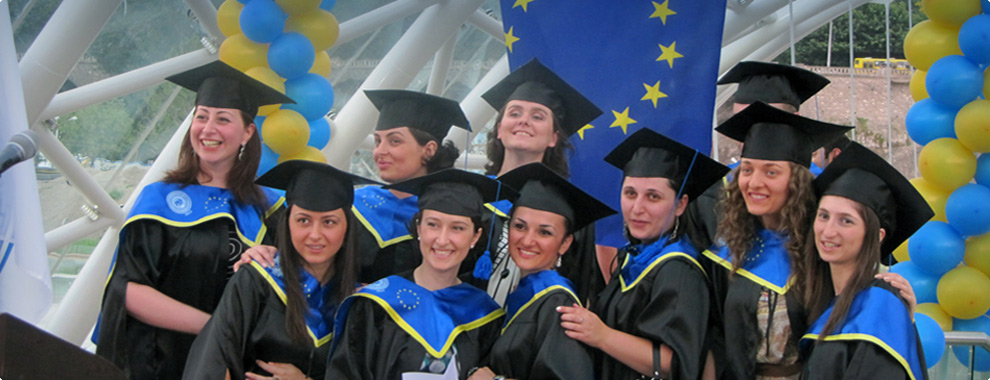25/June/2025
On 17 June 2025, the Institute for European Studies at Ivane Javakhishvili Tbilisi State University organized the third roundtable discussion as part of the Erasmus+ Jean Monnet Module “Enlargement Georgia.” We had the honour of hosting His Excellency Julien de Fraipont, Ambassador of Belgium to Azerbaijan, Georgia and Turkmenistan. The topic of the discussion was: “Navigating Uncertainty: Europe’s Enlargement with the Caucasus Amid Global Geopolitical Shifts”. Ambassador Julien de Fraipont emphasized Europe’s role in addressing new global challenges.
16/April/2025
On April 9, 2025 the Institute for European Studies of Ivane Javakhishvili Tbilisi State University hosted the public lecture by Marek Jan Wasinski, Associate Professor at the University of Lodz.
26/March/2025
On 20 March, an event was organised by the Institute for European Studies of Ivane Javakhsihvili Tbilisi State University as part of the Erasmus+ Jean Monnet Module “Enlargement Georgia.” The event took place in a roundtable format, with the keynote speaker Professor Peter Van Elsuwege, Professor of EU Law and Jean Monnet Chair at the University of Ghent. Discussants: Prof. Fabienne Bossuyt, Associate Professor at and co-coordinator of the Ghent Institute for International and European Studies and Dr. Laura Luciani, postdoctoral reseracher at Ghent University.
24/March/2025
On 12 march 2025 the roundtable discussion was organised at the institute for european studies of ivane javakhishvili tbilisi state university, as part of the european union erasmus plus jean monnet module “enlargement georgia.”











